
A healthy diet for any reptile is imperative for their survival and a long life. Not only does the right food selection important but lighting and warmth are key as well because they are both necessary for absorption of nutrients and minerals. Lighting is important for bone formation and the warmth or heat is aided in skin shedding and a healthy digestion for the reptiles.
Unlike a pet that is warm blooded, reptiles like snakes, lizards and turtles usually require their food to be alive. When feeding your reptile, you must know which type of reptile you have as well as what the diet restrictions are. There are several types of reptiles that indicate what their diet should consist of. These types include insectivores, herbivores, omnivores and carnivores. This will give you an idea of what to feed your reptile as well as what not to feed them. Snakes for example are a certain kind of reptile that is a carnivore, meaning that it will most likely benefit from eating a warm blooded diet. Mice and rats can be a meal that satisfies a snake and can be done on a weekly basis.
Most likely, any reptile that you are feeding will benefit from eating gray crickets or even meal worms. Since most crickets and worms can be rich with calcium, they are both great to give to reptiles. Check to see if your reptile is restricted from consuming animal or insect protiens as it could potentially lead to internal malfunctions. For example, green iguanas, which are more strictly vegetarian should not eat insect protein as it could cause kidney disease and renal failure. It is a good idea to find out if your reptile can eat animal or insect protiens.
Though there are some restrictions to reptilian diets, most reptiles can eat similar vegetables and fruits that are eaten by people. Proportions however should not be excessive and should really be carefully monitored during the eating period. Certain calcium rich vegetables should be given to your reptilian pet at a minimum of twice daily. These vegetables full of calcium include, turnip greens, dandelion greens, and kale and collard greens. Other vegetables that are rich in minerals consist of peas, zucchini, squash and green beans. If you wish to offer your reptile some fruits, bananas, berries and apples should make up part of the diet.
For those that have diet restrictions for their reptile pets, there are some alternatives to live insects that could still keep them healthy. Sometimes owners of reptiles can benefit from feeding their pets canned reptile food much like people would feed cats or dogs. Often canned alternatives can be silkworms and crickets. It is an interesting and safer alternative to live worms and crickets. Sometimes there are dry roasted crickets to offer reptiles that are filled with calcium. Reptile feeding is as simple as feeding any other kind of pet. They require a bit of attention and detail in their diet as well as lighting and heat to keep them healthy.
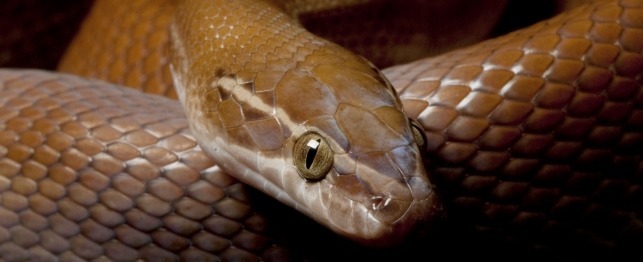 Choosing a Brown House Snake
Choosing a Brown House Snake
Choosing a Brown House Snake
Choosing a Brown House Snake
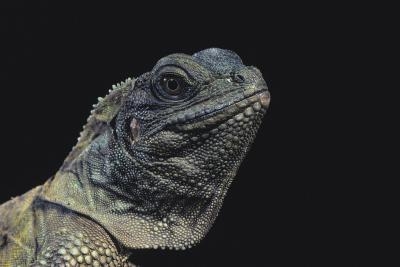 How to Build a Vivarium for a Water Dragon
How to Build a Vivarium for a Water Dragon
How to Build a Vivarium for a Water Dragon
How to Build a Vivarium for a Water Dragon
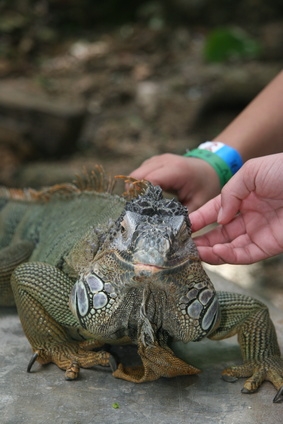 List of Reptiles As Pets
List of Reptiles As Pets
List of Repti
List of Reptiles As Pets
List of Reptiles As Pets
List of Repti
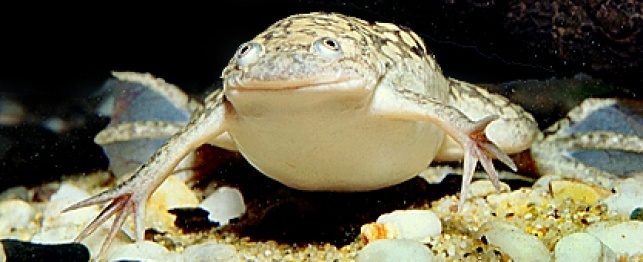 Choosing an African Clawed Frog (Xenopus)
Choosing an African Clawed Frog (Xenopus)
Choosing an African Clawed Frog (Xenopus)
Choosing an African Clawed Frog (Xenopus)
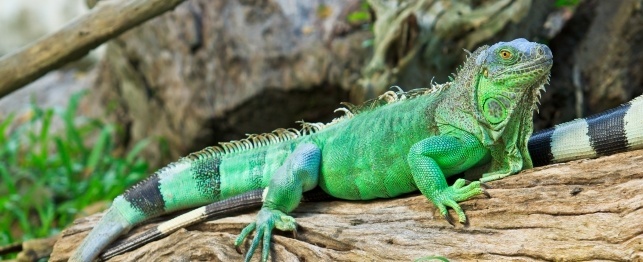 Choosing a Green Iguana
Choosing a Green Iguana
Choosing a Green Iguana
Choosing a Green Iguana
Copyright © 2005-2016 Pet Information All Rights Reserved
Contact us: www162date@outlook.com